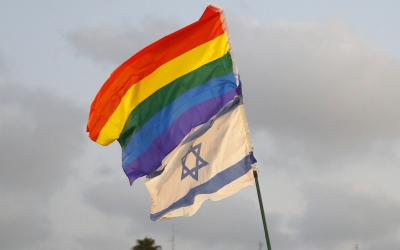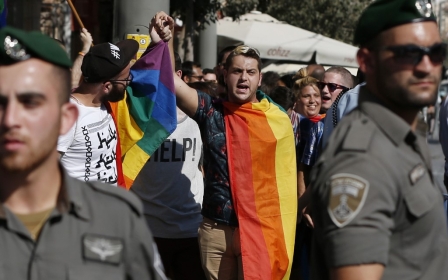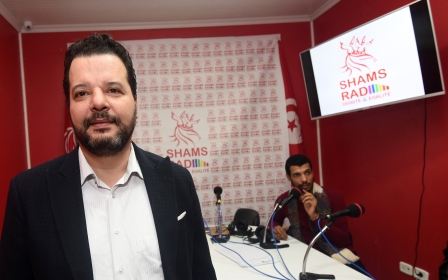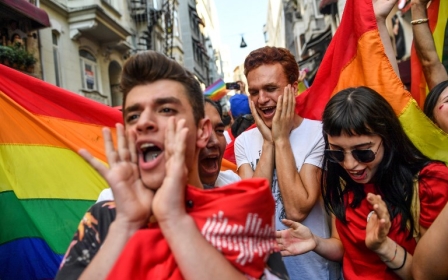Thousands in Israel attend muted Gay Pride events
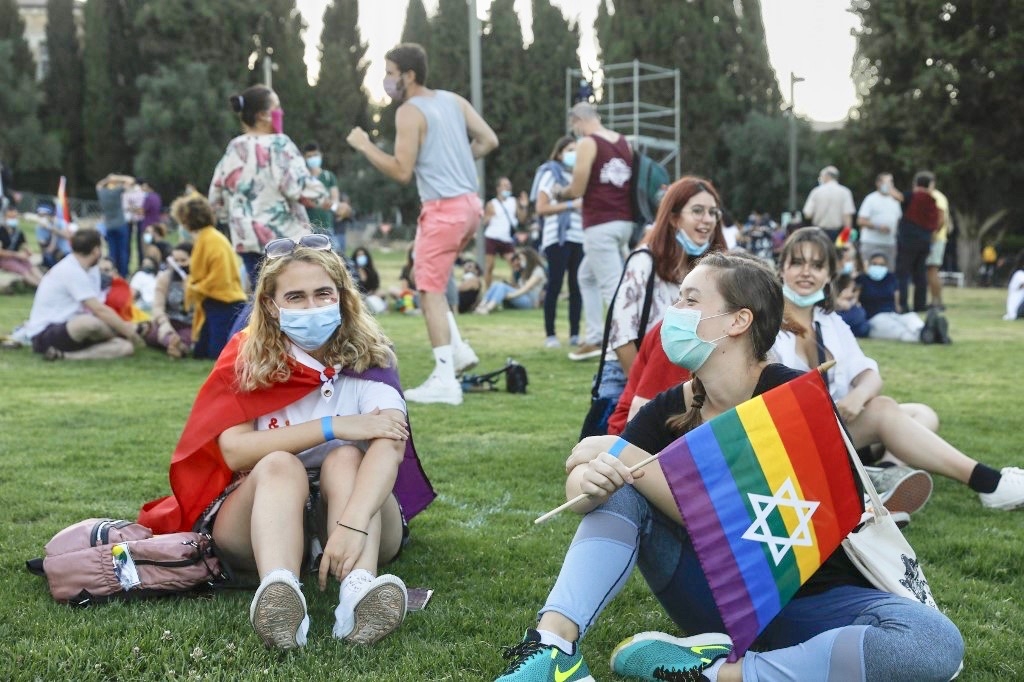
Thousands took part in muted LGBT events across Israel on Sunday as the usually larger parades and gatherings were toned down or cancelled because of coronavirus restrictions.
In Tel Aviv, usually home to the Middle East's biggest annual Gay Pride parade, revellers instead gathered at Rabin Square for a concert featuring local stars, including transgender Eurovision winner Dana International.
An hour's drive away, police deployed in force to secure the parallel Jerusalem event, just shy of five years after a participant was murdered by a Jewish religious extremist, AFP said.
On 30 July 2015, teenager Shira Banki was stabbed to death during the parade by ultra-Orthodox Jew Yishai Shlissel, who also wounded six others. He was sentenced to life in prison.
Police detained 27 people before Sunday's event "to avoid any incidents", a spokesman said.
On Saturday, a few dozen right-wing protesters demonstrated outside the home of Jerusalem Mayor Moshe Leon against the municipality’s support for the event, Haaretz said.
The parade began with several hundred people observing a minute's silence in Banki's memory and that of "all victims of homophobia".
Pride events also took place in the northern city of Haifa and Beersheva in the south, with all four taking place under the slogan: "The revolution is not over."
The date was chosen to mark the 50th anniversary of the first Gay Pride parade in New York on 28 June 1970.
Around the world, the LGBT community and their supporters held many events online in response to the threat of the coronavirus pandemic.
With Israel still suffering hundreds of new Covid-19 infections a day, the police imposed limits on attendance at the country's events.
Israel has reported more than 23,000 cases of the disease, including 318 deaths.
Israel's parliament currently has six openly gay members, a record in a country where a sizeable ultra-orthodox Jewish population is deeply against LGBT rights.
Middle East Eye delivers independent and unrivalled coverage and analysis of the Middle East, North Africa and beyond. To learn more about republishing this content and the associated fees, please fill out this form. More about MEE can be found here.


